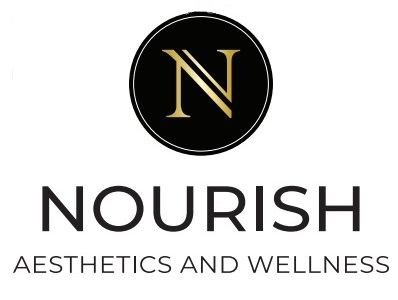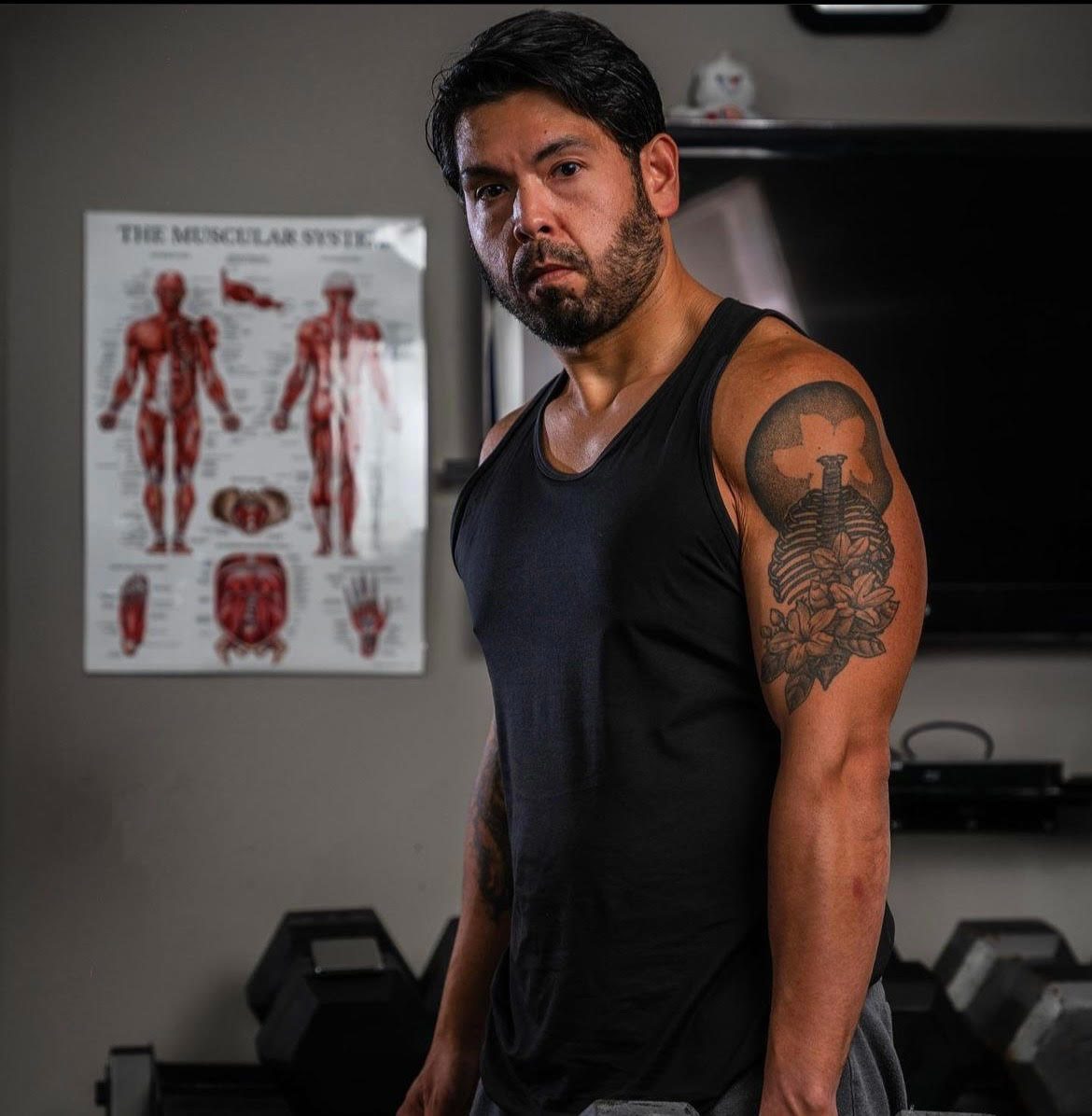
TRT in Columbus
Testosterone
Testosterone is a hormone produced primarily in the testicles in men and in smaller amounts in the ovaries and adrenal glands in women. It plays a crucial role in various bodily functions, including the development of male sexual characteristics, maintaining muscle mass and bone density, and regulating mood and energy levels. In short, testosterone is crucial for every imaginable aspect of a man's physical and mental well-being.
Testosterone levels naturally decline with age, typically beginning around the age of 30. This decline, known as andropause in men, can lead to a variety of symptoms, including reduced libido, erectile dysfunction, fatigue, loss of muscle mass, and mood changes. Yet, baseline testosterone levels in men have been significantly decreasing worldwide for over two decades, unrelated to the age-associated decline.
However, several studies demonstrate that the decline in testosterone levels as individuals age is not solely due to age itself. Instead, it is often linked to the systemic inflammation that accumulates over years of poor lifestyle choices. It is now understood that inflammation is the primary cause of 99% of age-related diseases.
The contemporary environments we inhabit also have a detrimental impact on our hormonal balance. Continuous exposure to hormone-disrupting chemicals and toxins can lower testosterone levels, leading to a gradual decline in energy levels. This often catches men off guard, manifesting as reduced vitality and vigor, which many attribute to the natural process of aging.
Living with a testosterone deficiency can be likened to a silent pandemic, as most men, and society at large, remain unaware of the significance of low testosterone levels. Many men fail to take responsibility for their health, often leaving their doctor's offices with prescriptions for potentially harmful SSRIs (which can exacerbate symptoms and overall health) and erectile dysfunction medication like Viagra. While these medications address the symptoms of low testosterone, such as depressed mood and low sex drive, they often overlook the underlying cause.

TRT in Columbus
Benefits
1. Improved Sexual Function: One of the most significant benefits of TOT is its ability to improve libido, erectile function, and overall sexual satisfaction in men with low testosterone levels.
2. Increased Muscle Mass and Strength: Testosterone plays a crucial role in maintaining muscle mass and strength. TOT can help men with low testosterone levels regain muscle mass and improve physical performance.
3. Bone Health: Testosterone is important for maintaining bone density. TRT can help reduce the risk of osteoporosis and fractures in men with low testosterone levels.
4. Mood Enhancement: Low testosterone levels have been associated with an increased risk of depression and irritability. TRT can help improve mood and overall sense of well-being in men with low testosterone levels.

TRT in Columbus
Risks and Considerations
While TOT can offer significant benefits, it is not without risks. Some potential risks and considerations include the potential for infertility. TRT can reduce sperm production, which may affect fertility in men who wish to father children.
Furthermore, optimizing testosterone levels is not as straightforward as receiving an injection and transforming into the Incredible Hulk. If you are overweight, consume an unhealthy diet, experience sleep deprivation, and neglect other common-sense health practices, therapeutic testosterone treatment will likely provide little to no benefit.
Testosterone optimization therapy can offer significant benefits for men with low testosterone levels, including improved sexual function, increased muscle mass and strength, and better mood and cognitive function.
Just because other men in your age group feel like crap doesn't mean you have to, and it shouldn’t be considered normal. If you aspire to live a high-quality life and liberate yourself from the struggles experienced by the average person, you must stop accepting second best like everyone else.
Book Your Consult Now!
Nourish Medicine consultations prioritize a patient-centered approach, aiming to empower individuals to take an active role in their health and well-being. The emphasis on personalized and integrative care sets Nourish Medicine apart from traditional medical practices, with a focus on promoting long-term health and preventing future illnesses.
